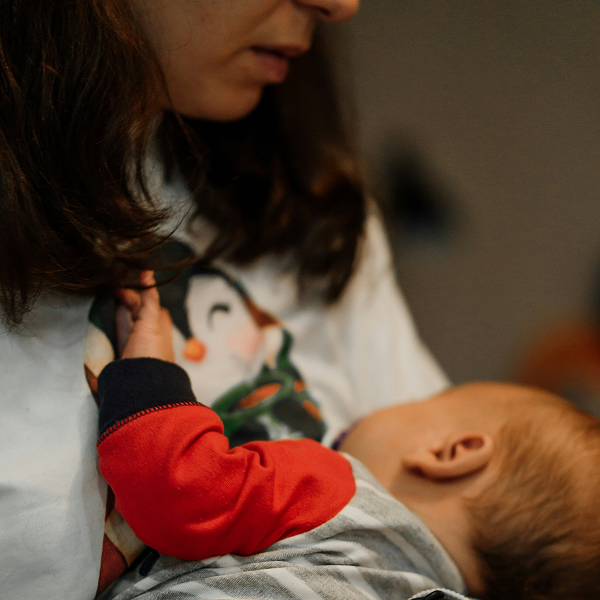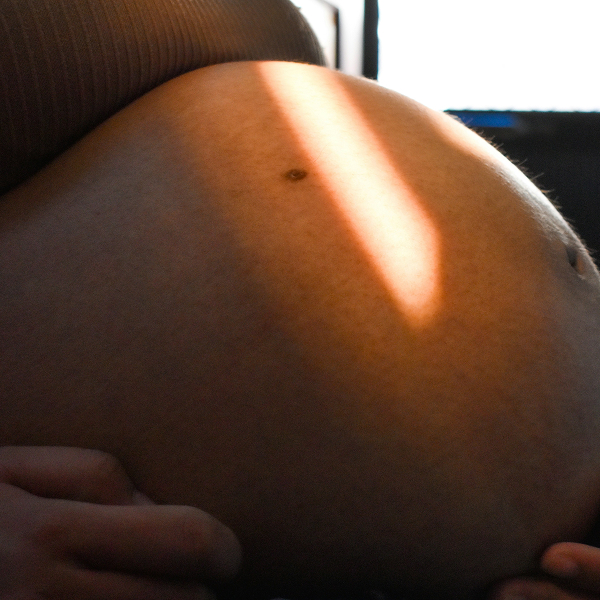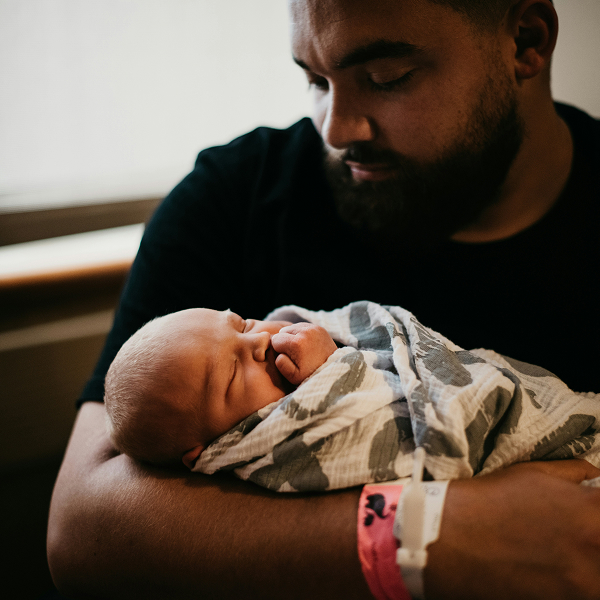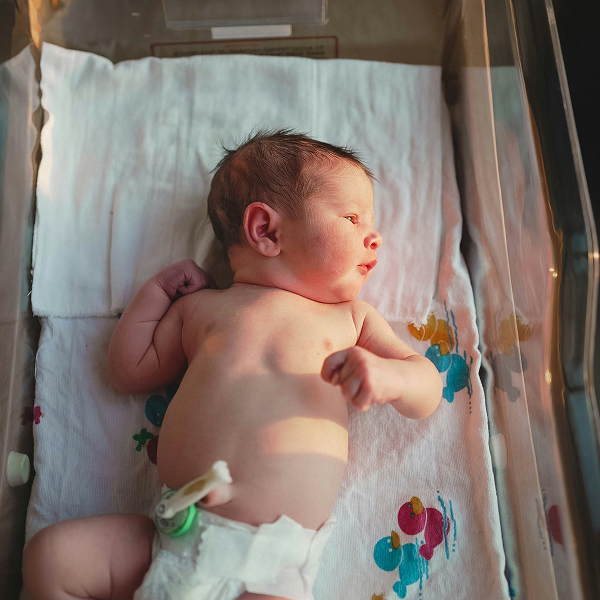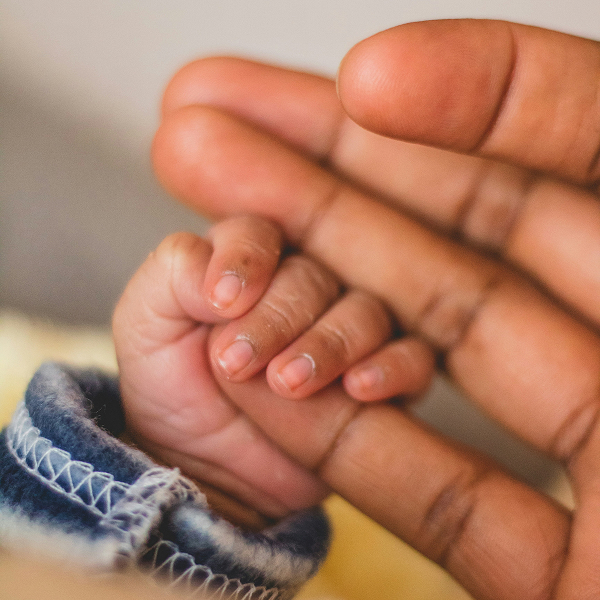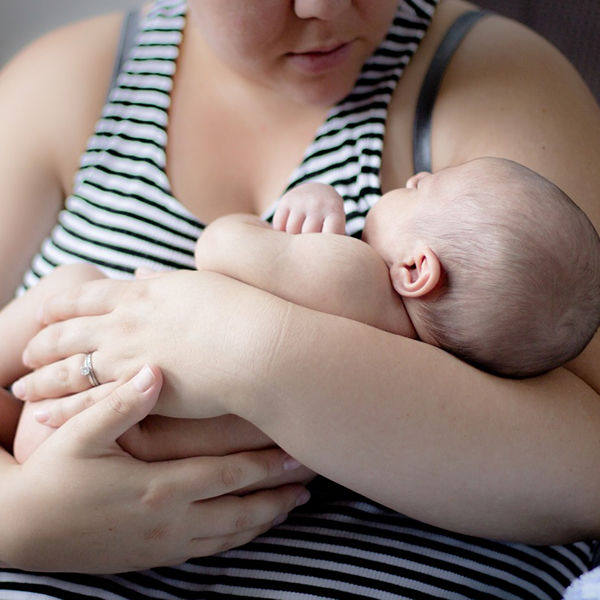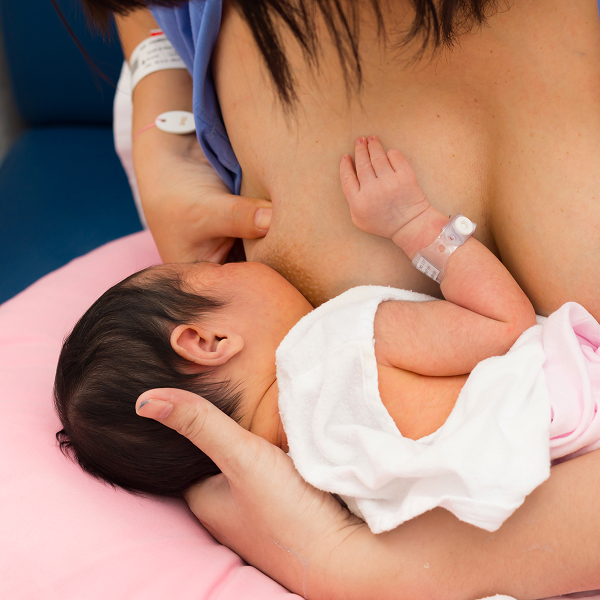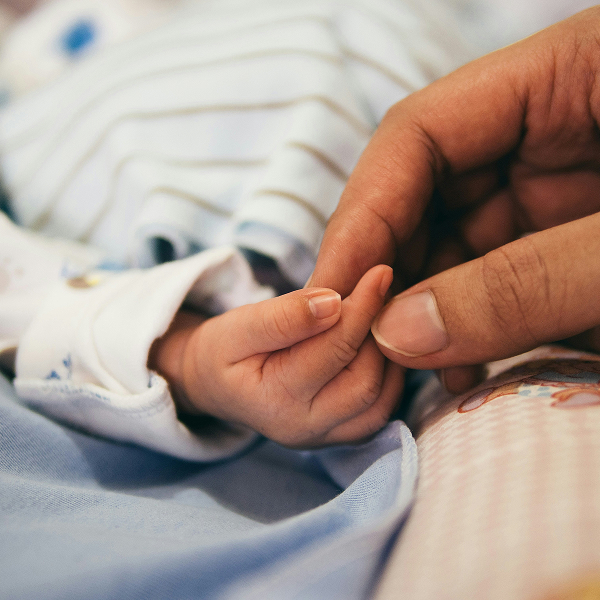Support for Families Impacted by Drug and Alcohol Use
Information for parents who use alcohol, tobacco, opioids, cocaine, and/or other substances, including those with substance use disorder.
Growing, birthing, and taking care of babies is hard work! We know that babies do best when their parents and caregivers are healthy and well. It is important to take care of your physical and mental health.
Looking for resources?Please see the SUPHR website for up-to-date information on how substance use is changing in Philadelphia.

